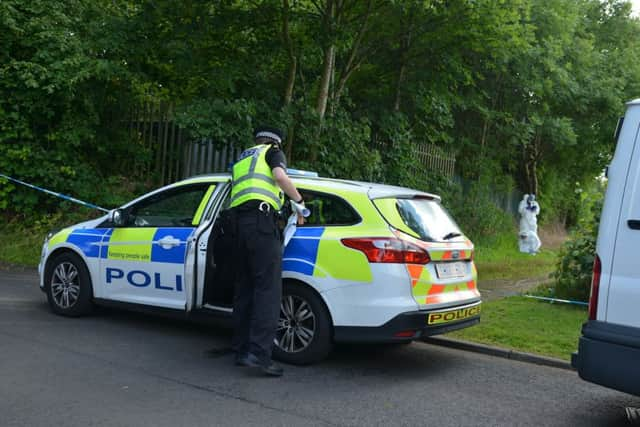Georgia Scott-Brien: Still work to do on police response to rape


WORKING as a support worker with Edinburgh Rape Crisis Centre gave me the opportunity to help many women who had experienced multiple forms of sexual violence. I was struck by the number of them who recounted distressing encounters with the police, and this sparked my interest to explore the police response to rape in Scotland.
My research, conducted at Glasgow Caledonian University, involved interviews with police officers – including specialist Sexual Offence Liaison Officers – as well as rape victims. In addition, more than 100 rape case records were examined.
Advertisement
Hide AdAdvertisement
Hide AdI was shocked to realise that although rape continues to form a central part of public and political debate in Scotland, there is a dearth of empirical evidence to inform this debate.
Research from the 1980s highlighted key concerns in relation to the police investigation of rape: many of these concerns persist today and cause the victims further distress.
The process of reporting rape to the police was described by officers interviewed in my study in predominantly negative terms: “horrible”, “horrendously invasive” and “frightening”.
Although research continually advocates that the forensic medical examination be conducted at the earliest opportunity, delays in this process persist. One police officer recounted a rape victim having to wait 12 hours for a medical.
Advertisement
Hide AdAdvertisement
Hide AdAll of the women interviewed in my study were examined by a male forensic physician and none were given the option of a female.
Women interviewed in my study experienced significant and prolonged gaps in communication from the police – a finding which is particularly concerning given that it was first raised in 1983. In some cases, the police made victims aware of the expected gaps in communication which they would encounter due to the nature of the investigation. This awareness enabled victims to manage their expectations.
There was also evidence of positive police practice. Some rape victims spoke of being given ample time and space to provide their statement, the option of pausing the interview or taking a break. These small gestures alleviated distress and suggests progress has been made in the police response to rape. However, there is a long road ahead
• Georgia Scott-Brien is a postgraduate researcher at Glasgow Caledonian University